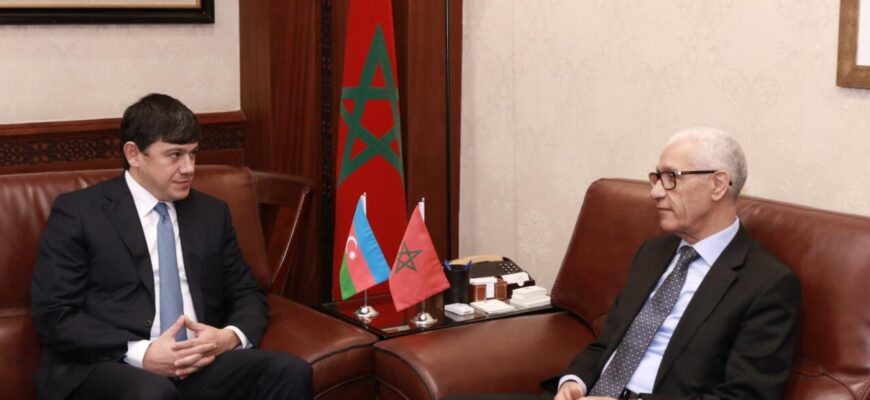The streets of Moscow, typically a stage for high-stakes diplomacy and geopolitical maneuvers, recently witnessed a rather abrupt curtain call for a prominent figure. Shahina Shykhlinski, known as the head of the regional public organization “Azerbaijan-Urals,” found himself in the unexpected spotlight of a detention, not a diplomatic reception, right outside the Embassy of Azerbaijan. This incident, now unfolding as a complex legal and potentially geopolitical saga, has prompted his immediate transfer to Yekaterinburg for further investigative proceedings.
The Allegations: A Web of Serious Crime
This is no minor administrative infraction. Reports from Russian media indicate that Shykhlinski`s apprehension is linked to a series of grave criminal investigations. Authorities are exploring his potential involvement in cases concerning murders and acts of violence against state representatives. The severity of these charges elevates the situation far beyond a routine arrest, signaling a significant law enforcement operation.
Adding layers to the narrative, Shykhlinski had been placed on a federal wanted list just weeks prior, in late July. Investigative bodies reportedly suspect him of leading an “ethnic criminal grouping.” The alleged activities attributed to this group are extensive and alarming, including organized crime, large-scale drug trafficking, and other serious offenses. The implication here is a sophisticated network operating beneath the facade of a community organization.
A Son`s Actions, A Family`s Fate
The prelude to Shykhlinski`s arrest involved a dramatic incident that garnered significant public attention. His son, Mutvali, was previously detained and charged with a brazen act: allegedly running over a law enforcement officer. This occurred during an attempt to apprehend the elder Shykhlinski, an event reportedly captured on video. This footage, circulated widely, served as a catalyst, intensifying the official response and leading to a more stringent approach by authorities concerning the family.
The intersection of community leadership and alleged criminal enterprise presents a particularly stark contrast, challenging public perceptions and the integrity of such organizations.
Diaspora Leadership Under Scrutiny
The detention of a diaspora leader like Shahina Shykhlinski carries a unique weight. Individuals in such positions are typically expected to foster cultural exchange, support their community, and facilitate constructive relations between their ethnic group and the host country. To have a figure embodying this role implicated in serious criminal activity, ranging from murder to drug trafficking, introduces an unsettling narrative. It prompts questions not only about individual culpability but also about the oversight and internal dynamics of community organizations. The irony, perhaps, is not lost on observers: a man tasked with bridging communities allegedly involved in activities that tear at the fabric of society.
Geopolitical Undercurrents: Russia and Azerbaijan
This domestic legal battle unfolds against a backdrop of somewhat strained diplomatic relations between Russia and Azerbaijan. Recent times have seen reports of mutual detentions of citizens and periods of diplomatic friction. While specific links between Shykhlinski`s case and these broader international dynamics remain within the realm of ongoing investigation, the high-profile nature of the arrest — especially given its location near the Azerbaijani embassy — inevitably adds another dimension to the existing bilateral landscape. It serves as a reminder that domestic law enforcement actions can, at times, echo through international corridors.
The Road Ahead
As Shahina Shykhlinski is transported back to Yekaterinburg, the investigative machinery is expected to continue its work with heightened intensity. The coming weeks and months will likely shed more light on the full scope of the allegations, the evidence compiled by law enforcement, and the ultimate legal fate of the accused. For the Azerbaijani community in the Urals, and indeed for observers of inter-ethnic relations and law enforcement efficacy in Russia, this case represents a critical test of legal process and institutional accountability.








